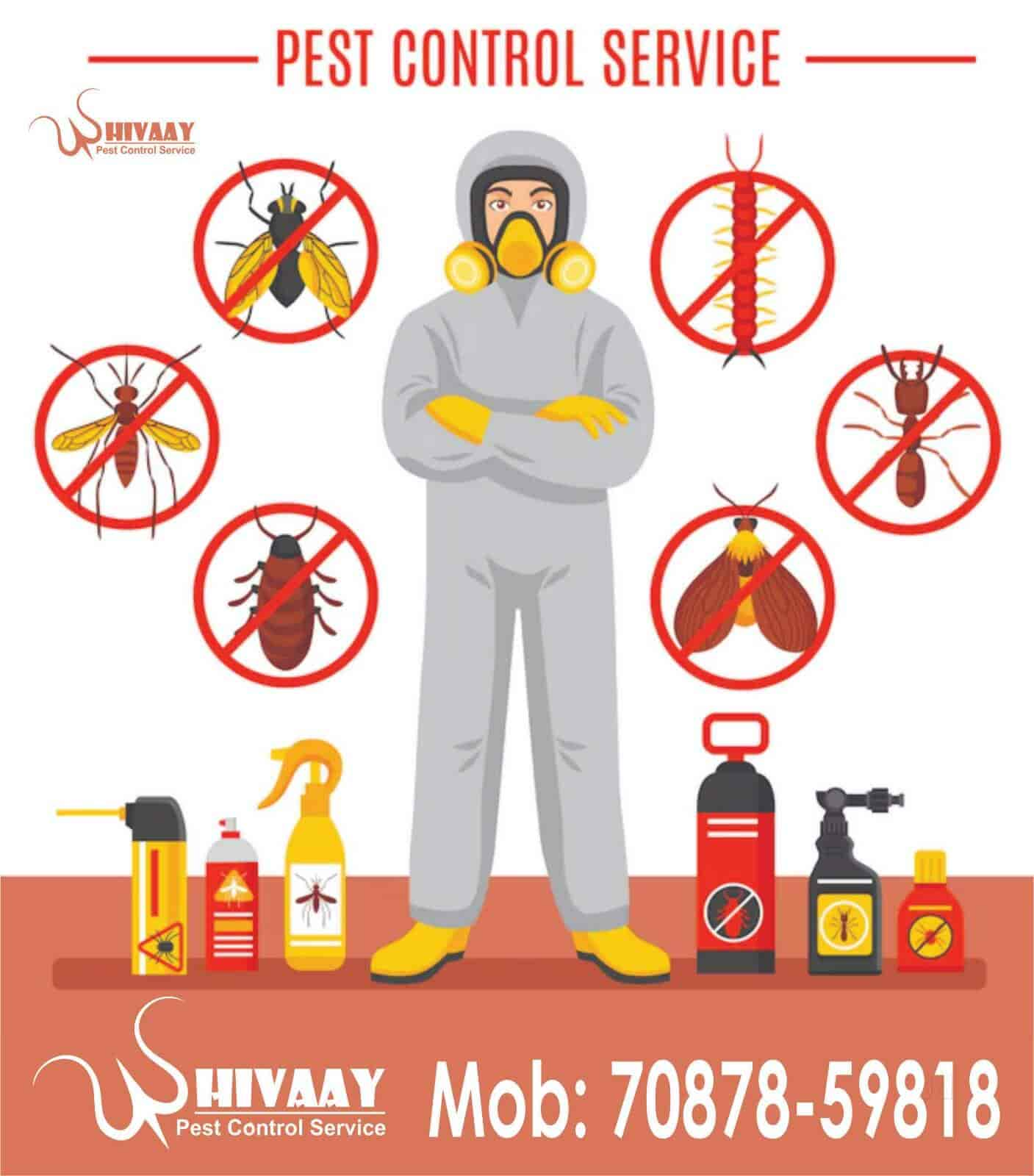Safe and Trusted Bug Control for Lasting Protection
Reliable parasite monitoring needs a diverse technique that balances environmental integrity with the need for effective pest reductions. The subtleties of these techniques may not be right away clear, triggering a better evaluation of the practices that can lead to lasting bug control results.
Comprehending Bug Control Techniques
Insect control encompasses a selection of techniques focused on managing and getting rid of undesirable bugs and rodents that can intimidate both health and wellness and property. Recognizing these techniques is essential for effective bug administration.
The primary groups of bug control methods consist of mechanical, organic, and chemical methods. Mechanical approaches include physical obstacles and catches to avoid parasite entrance and capture unwanted types. Utilizing displays on windows or utilizing sticky catches can considerably lower insect populaces without introducing dangerous substances - exterminator coquitlam.

Chemical insect control is usually the most recognized method, using chemicals to get rid of parasites. These chemicals can be reliable but must be used with caution to prevent negative impacts on non-target varieties and the setting.
Advantages of Eco-Friendly Solutions
Exactly how can green solutions transform insect control methods? The adoption of green parasite control methods uses numerous benefits, considerably boosting the performance and safety and security of bug administration.

Another advantage is the favorable impact on local biodiversity. Environmentally friendly remedies are designed to target particular bugs while preserving advantageous bugs and wild animals, advertising a balanced community. This technique straightens with the growing consumer need for lasting techniques, improving the online reputation of insect control service providers.
Integrated Insect Administration Strategies
The application of green solutions naturally results in the fostering of Integrated Parasite Management (IPM) strategies, which better improve pest control effectiveness. IPM is an all natural approach that incorporates multiple strategies to take care of insect populations while minimizing environmental effect. This method emphasizes using organic, social, mechanical, and chemical controls, ensuring a well balanced and lasting technique of parasite management.
One essential element of IPM is the complete analysis of bug task and ecological problems. By checking parasite populaces and recognizing their life cycles, practitioners can implement targeted treatments that interfere with the parasite's environment or lifecycle, decreasing reliance on chemical pesticides. In addition, cultural practices such as plant rotation and environment control can dramatically reduce parasite facility and recreation.
Another crucial part is making use of biological control representatives, such as valuable bugs or microorganisms, which can normally suppress bug populations. When chemical applications are needed, IPM prioritizes the usage of low-risk pesticides and uses them selectively, minimizing exposure to non-target microorganisms and people.
Including IPM techniques not just enhances parasite control effectiveness yet also advertises a safer environment, index aligning with the growing need for sustainable methods in parasite management.
Safe Practices for Home Owners
Understanding the significance of secure practices in bug control can encourage property owners to properly manage bug concerns while safeguarding their health and wellness and the setting. Implementing non-toxic approaches and preventive procedures is critical in minimizing exposure to unsafe chemicals.
Property owners ought to first evaluate their atmosphere for conditions that attract pests, such as standing food, water, and mess waste. Consistently cleansing and securing entry points can deter pests from attacking the home. Making use of all-natural deterrents, such as crucial oils or diatomaceous planet, can supply efficient options to chemical pesticides.
When chemical treatments are essential, homeowners should choose products that are especially classified as risk-free for household use. It is important to adhere to application guidelines meticulously to stay clear of overexposure. Making use of targeted therapies in areas where parasites are determined, rather than covering spraying, can significantly minimize chemical use.
Last but not least, preserving open interaction with insect control specialists is important. Property owners need to ask about the safety and security have a peek at this website of products utilized and request eco-friendly choices whenever possible. By embracing these safe methods, home owners can produce a much healthier living environment while properly handling insect problems.

Tips for Long-Term Security
Developing an insect management method that emphasizes lasting protection can substantially enhance the efficiency of the secure practices previously discussed. To attain this, homeowners ought to apply routine inspections of their property, concentrating on concealed areas such as attic rooms, basements, and crawl areas. Early detection of bug activity is vital in preventing invasions from holding.
Additionally, keeping a clean atmosphere is important. This consists of proper food storage, quickly cleansing spills, and consistently throwing away trash. These techniques decrease attractants that attract parasites right into the home. Additionally, securing entry points, such as splits around doors and home windows, can properly block prospective parasite gain access to.
Landscape design needs to also be taken into consideration; maintaining plants cut and keeping a distance between plants and the home lessens concealing spots for parasites. Making use of all-natural deterrents, such as necessary oils or diatomaceous earth, can further prevent invasions without considering extreme chemicals.
Lastly, teaming up with an expert pest control solution for periodic analyses can offer an added layer of safety and security. These experts can use tailored suggestions interior termite treatment and progressed treatments, making certain that your home remains shielded against bugs in the long term.
Final Thought
Finally, risk-free and reliable insect control calls for a multifaceted strategy that emphasizes green methods and integrated pest monitoring. By implementing natural deterrents, carrying out normal assessments, and keeping proper cleanliness, homeowner can substantially reduce pest populations while securing beneficial insects and the atmosphere. Partnership with specialist parasite control solutions enhances the effectiveness of these techniques, making sure customized remedies that give lasting protection and assurance against future infestations.
Effective insect administration needs a diverse method that balances environmental stability with the requirement for efficient bug reductions. The fostering of eco-friendly insect control methods provides many advantages, substantially improving the performance and safety and security of parasite monitoring.The implementation of eco-friendly services naturally leads to the fostering of Integrated Parasite Management (IPM) methods, which better enhance insect control effectiveness. exterminator coquitlam. By monitoring bug populaces and recognizing their life cycles, practitioners can apply targeted interventions that interfere with the bug's environment or lifecycle, decreasing reliance on chemical pesticides.In conclusion, trusted and secure bug control calls for a complex technique that highlights green methods and integrated insect administration